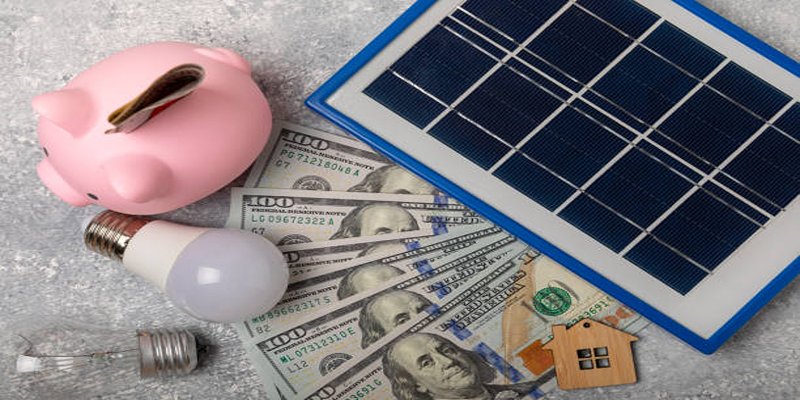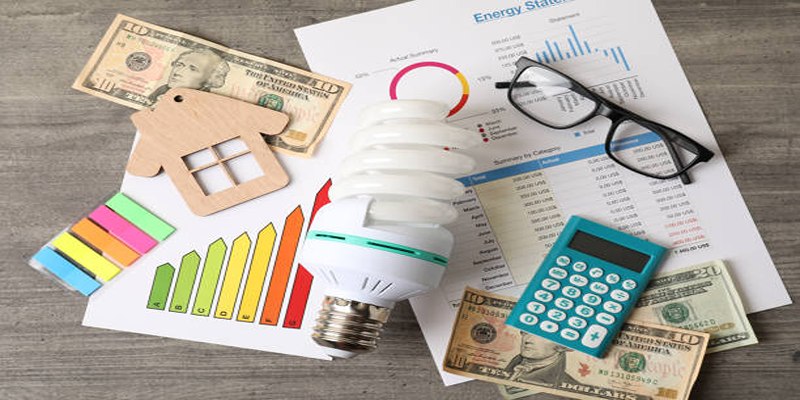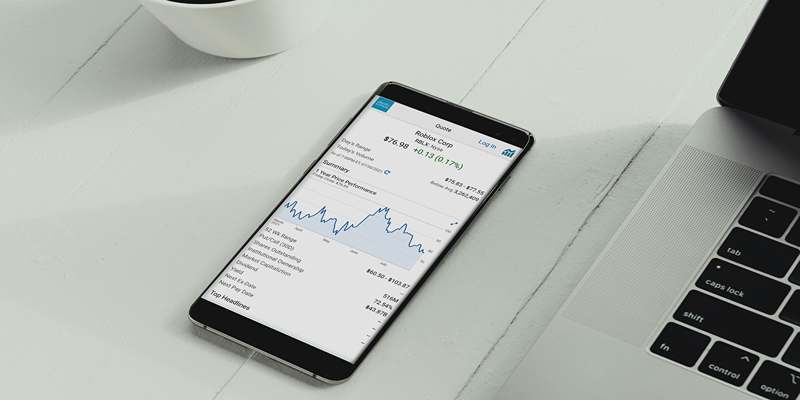How to Estimate Utility Costs for Your Home Like a Pro
Estimating utility costs for your home can feel tricky, but it doesn’t have to be! Understanding your monthly bills for electricity, water, gas, and internet is a smart way to plan your budget and avoid surprises. By learning a few simple tips, you can get a clear idea of what to expect and even find ways to save money. This guide will show you how to easily estimate your utility costs like a pro and stay in control of your expenses.
Breakdown of Utility Types

Before considering costs, it is important to understand the different types of tools and how they are usually invoiced. This will help you assess your use better and guess more accurate costs.
Electricity
Every household needs electricity to function effectively because it supplies power to all electrical systems. The electrical grid supplies power to our illumination systems along with all our home equipment and technological items. The source of power supply for electricity can be either local utility companies or municipal providers depending on your location. The cost of electricity is determined by usage where bills show kilowatt-hour (kWh) measurement rates. Your electricity usage determines the amount of the bill you will receive from your provider.
An estimate of your monthly electricity expenditure requires past bills or communication with your provider to determine average consumption levels. Determine your usage by consulting your bill or asking your provider about the cost per kWh and perform a multiplication of the two figures. By consulting your previous bills or asking your provider you can estimate the costs that electricity will incur monthly.
Water
Water is another essential utility that we use every day for cooking, cleaning, and personal hygiene. Similar to electricity, water is typically billed based on usage in gallons or cubic feet. Some areas may also have a flat rate for water service.
To estimate your monthly water costs, check your previous bills or contact your local water company for average usage rates and prices. Keep in mind that factors such as household size, climate, and outdoor watering needs can affect your water usage and cost.
Gas
Gas is a common utility used for heating, cooking, and hot water in many households. Similar to electricity, it is measured in units such as cubic feet or therms and billed based on usage. However, unlike electricity which can be provided by multiple companies, gas is often provided by one local provider.
To estimate your monthly gas costs, check your previous bills or contact your provider for average usage rates and prices. Keep in mind that the price of gas can fluctuate depending on market conditions.
Internet
In today's digital age, internet has become an essential utility for most households. It allows us to stay connected and access information from anywhere. Internet services are typically billed monthly and can include a variety of plans with different speeds and data caps.
To estimate your monthly internet costs, research providers in your area and compare plans to find the best fit for your needs. Keep in mind that factors such as speed, data usage, and bundle packages can affect the price.
Gathering Necessary Information

Now that we have an understanding of the different types of utilities and how they are billed, it’s time to gather some necessary information for estimating costs. Here are a few things you will need:
● Previous utility bills: These will give you a good idea of your average monthly usage and cost for each utility.
● Square footage of your home: This can help in estimating heating and cooling costs.
● Number of occupants in your home: More people typically means higher water and electricity usage.
● Climate/Weather patterns in your area: Extreme temperatures can affect the amount of gas or electricity needed for heating or cooling.
Estimation Methods
Once you have the necessary information, there are a few methods you can use to estimate your monthly utility costs:
● Simple Calculation: This method involves taking your average usage and multiplying it by the cost per unit for each utility. This gives a rough estimate of your monthly costs.
● Budget Billing: Some utilities offer budget billing where they average out your costs over the year, so you pay the same amount each month. This can help with budget planning but may not be accurate if your usage varies significantly.
● Online Estimation Tools: Many utility companies offer online calculators or tools that allow you to enter specific information about your home and usage to get a more accurate estimate.
Tips for Reducing Utility Costs
Aside from estimating your monthly utility costs, there are also ways to reduce them and save money. Here are a few tips to keep in mind:
● Conserve energy: Simple habits like turning off lights when not in use, unplugging electronics when not needed, and using energy-efficient appliances can help reduce electricity costs.
● Fix leaks: A small drip from a faucet or toilet may seem insignificant, but it can add up over time. Be sure to fix any leaks promptly to avoid wasting water and increasing your bill.
● Upgrade to energy-efficient options: Consider upgrading to efficient light bulbs, low-flow showerheads, and other appliances that can help reduce water and energy usage.
● Compare prices: Don’t be afraid to shop around for different utility providers and plans. You may find a better deal or more suitable options for your needs.
By understanding the breakdown of utility types, gathering necessary information, and using estimation methods, you can easily plan and budget for your monthly utility costs.
Planning Your Budget
When creating a budget, it’s important to consider the costs of utilities as they can significantly impact your overall expenses. By estimating and monitoring your monthly utility costs, you can better plan for them and make adjustments in other areas if needed. Remember to also keep track of any changes in usage or rates that may affect your costs.
Tools and Resources
Numerous online tools and resources can help you estimate and track your utility costs. Many utility companies have their own calculators or budget planning tools on their websites. There are also budgeting apps, spreadsheets, and templates available that can help you keep track of expenses and plan your budget accordingly.
Conclusion
Utilities play a crucial role in our daily lives, but they don’t have to break the bank. By understanding the different types of utilities, gathering necessary information, using estimation methods, and implementing cost-saving tips, you can effectively manage and budget for your monthly utility costs. Remember to regularly review and adjust your budget as needed to stay on track with your expenses. Don't hesitate to reach out to your utility providers for assistance or resources if needed.











